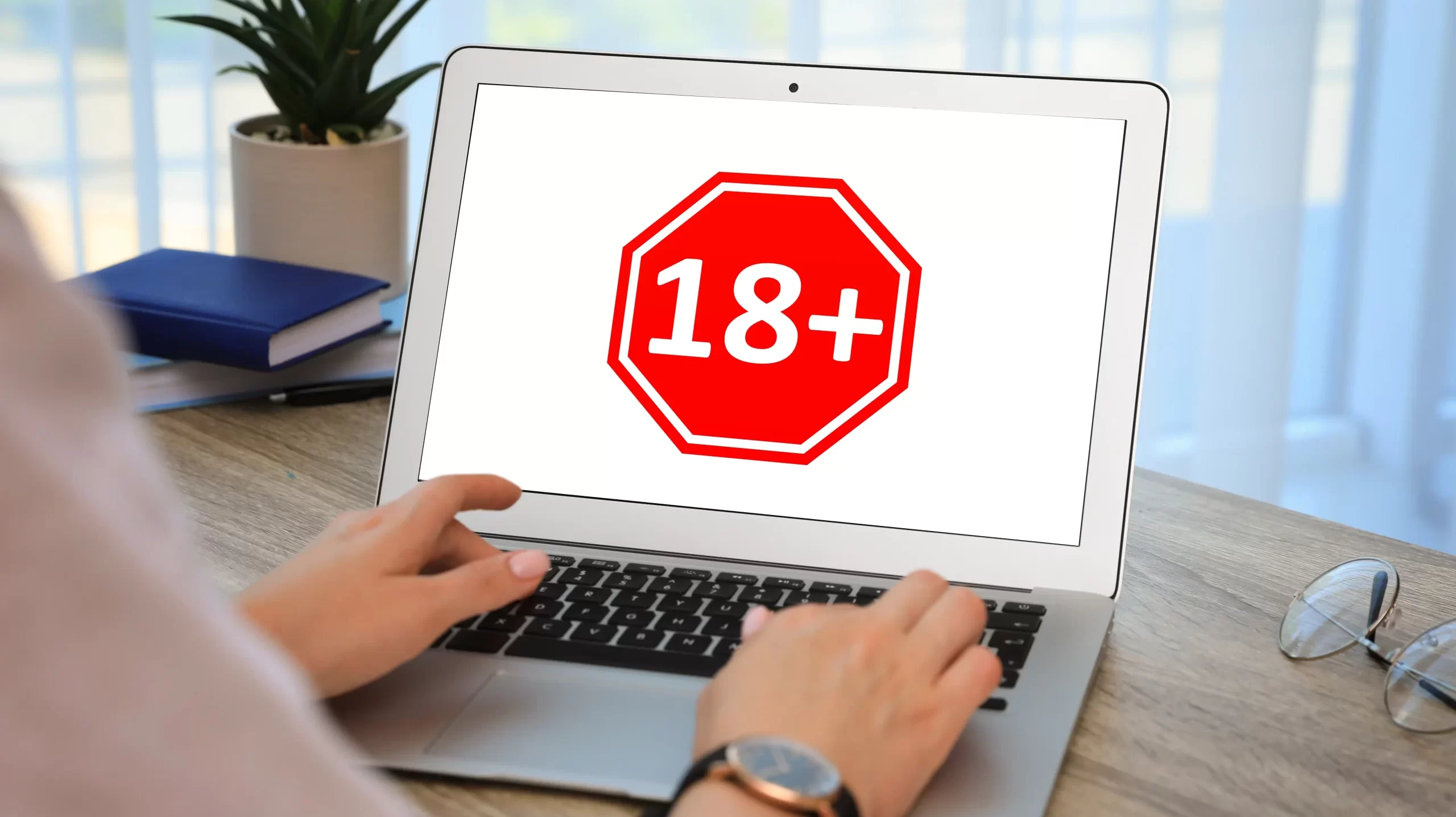If you are a parent or grandparent like me, odds are that you have thought about the role technology plays in your child’s life. I often find myself asking: how should I manage screen use with my grandchildren? Is what I am doing ok? Unfortunately, there is no easy answer to that question.
On the one hand, phones and other devices mean that children can play educational games or watch a show while I have a little peace and quiet to get some things done. These obvious upsides also come with very scary downsides. The fact is that dangerous content exists on the internet and different social media platforms, and this content can present real risks for children. It is difficult for parents to even know where to start when it comes to keeping our children safe from those threats.
Of course, parents here in Alabama are not the only ones struggling to raise their children in the digital age. It is a challenge facing families across the country. However, with more parents than ever voicing their concerns about the dangers of social media and the prevalence of inappropriate material online, lawmakers in other states have taken actions that could serve as a model for our own elected leaders.
In many states, legislators have decided to target harmful materials at their source. Last year, in order to help protect children from explicit and pornographic online content, Louisiana, Texas, Utah, and other states passed legislation mandating websites that provide pornography and other dangerous content to verify users’ ages. These measures have been so successful in protecting children from inappropriate content that officials in Kentucky, Idaho, and Indiana passed their own age verification bills this year. A similar measure is currently being considered in the Alabama State Legislature, where our elected officials have the opportunity to send the legislation to Governor Ivey’s desk and put-up safeguards to protect our children online.
In addition to these targeted measures aimed at limiting the reach of online pornography, some states are considering expanding these age verification proposals to cover platforms like Facebook and TikTok which have been linked to rising mental health concerns. Elected officials in other states have passed measures designed to teach children and teenagers about safe online behavior. In Florida, for example, students are required to learn in school about the dangers of social media. Governor Spencer Cox of Utah launched a PSA campaign that promotes responsible social media habits for children and teenagers and encourages parents to take advantage of the safety features available to them, like the parental controls offered by device manufacturers.
While there are many good ideas being considered by lawmakers around the country about how to keep kids safe online, unfortunately, some proposals are far too broad and overreaching. Concerningly, one of these proposals has earned some support in the state legislature.
Recently, the Alabama House of Representatives voted to pass “device filter” legislation. In theory, the proposal – which would require new devices to come out of the box outfitted with a filter that blocks inappropriate images – sounds great. However, in practice, there are serious concerns surrounding the idea.
Fundamentally, the bill raises important questions about how much control the government should have to make important decisions for us and our children. As a parent, I do not want the government to dictate decisions about my personal property with one-size-fits-all government mandates. Even if parents did want the state legislature to pass device filter legislation, there is no technologically realistic way to selectively enable location-sensitive content filtering features. It is also unclear whether device filter mandates are even legal in the first place. Previous Supreme Court cases indicate content filtering requirements likely aren’t, which means Alabamians would be in for a costly taxpayer-funded legal battle.
Every parent wants to protect their child from online dangers, and I appreciate that lawmakers are trying to give parents tools to keep kids safe. However, the device filter legislation is more likely to burn taxpayer dollars on expensive lawsuits and risk giving parents a false sense of security that their child is protected by an ineffective government mandate. Instead, our lawmakers should pursue proven measures – like the age verification requirements already under consideration in the state legislature – and collaborate with parents to keep kids safe online with smart, targeted solutions.





















































